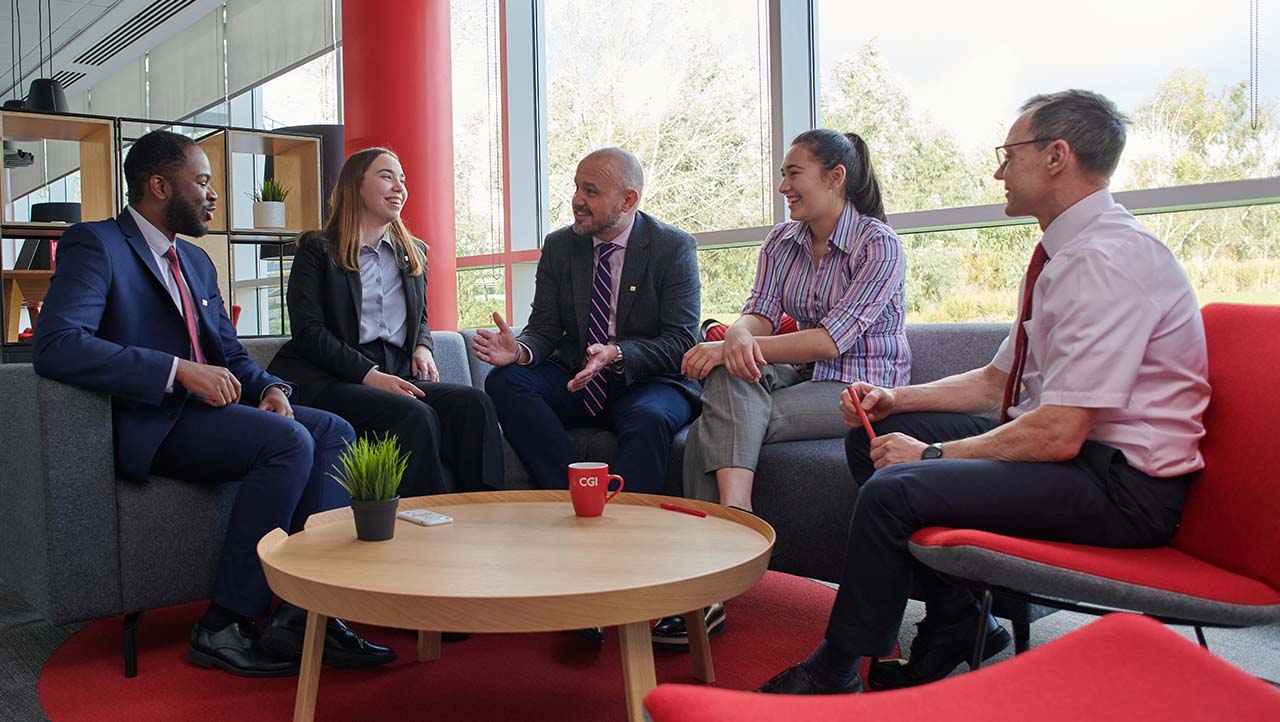
Practical Job Interview Tips from our Directors
Our goal is to empower our CGI Partners, and that includes our prospective candidates. We do our best to create an environment that helps you to shine in your interview, and feel it’s the interviewer’s responsibility to give every candidate the opportunity to present the best possible version of themselves.
Learn more Practical Job Interview Tips from our Directors



